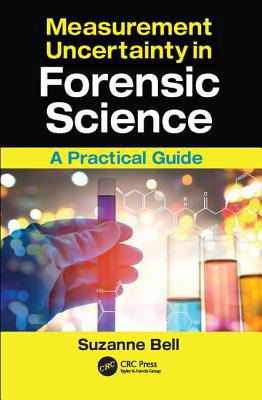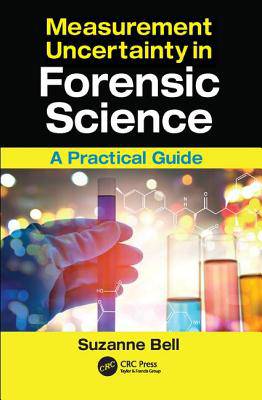
- Retrait gratuit dans votre magasin Club
- 7.000.000 titres dans notre catalogue
- Payer en toute sécurité
- Toujours un magasin près de chez vous
- Retrait gratuit dans votre magasin Club
- 7.000.0000 titres dans notre catalogue
- Payer en toute sécurité
- Toujours un magasin près de chez vous
Description
In the courtroom, critical and life-changing decisions are made based on quantitative forensic science data. There is often a range in which a measured value is expected to fall and, in this, an inherent uncertainty associated with such measurement. Uncertainty in this context is not error. In fact, estimations of uncertainty can add to the utility and reliability of quantitative results, be it the length of a firearm barrel, the weight of a drug sample, or the concentration of ethanol in blood.
Measurement Uncertainty in Forensic Science: A Practical Guide describes and defines the concepts related to such uncertainty in the forensic context. The book provides the necessary conceptual background and framework a baseline for developing and deploying reasonable and defensible uncertainty estimations across forensic disciplines. Information is presented conceptually, using easily understood examples, to provide a readable, handy reference for scientists in the laboratory, as well as investigators and legal professionals who require a basic understanding of the science underpinning measurement results.
Spécifications
Parties prenantes
- Auteur(s) :
- Editeur:
Contenu
- Nombre de pages :
- 182
- Langue:
- Anglais
Caractéristiques
- EAN:
- 9781138415621
- Date de parution :
- 27-07-17
- Format:
- Livre relié
- Format numérique:
- Genaaid
- Dimensions :
- 156 mm x 233 mm
- Poids :
- 499 g

Les avis
Nous publions uniquement les avis qui respectent les conditions requises. Consultez nos conditions pour les avis.






